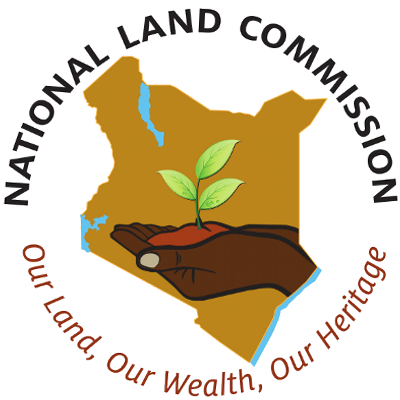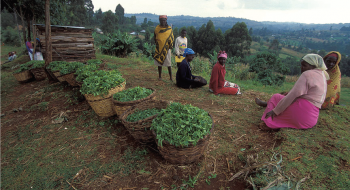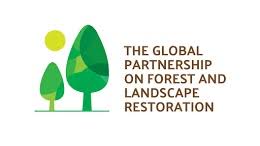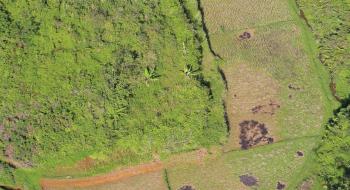Monitoring and Oversight over Land Use Planning in Kenya: Some Reflections
- Introduction
- Country Profile
- Historical Perspective to Planning in Kenya
- Land Use Planning Framework in Kenya
- Constitutional context
- Policy and Legal Agenda
- Oversight and monitoring function of the National Land Commission
- Interpretation
- Activities
- Challenges and opportunities









